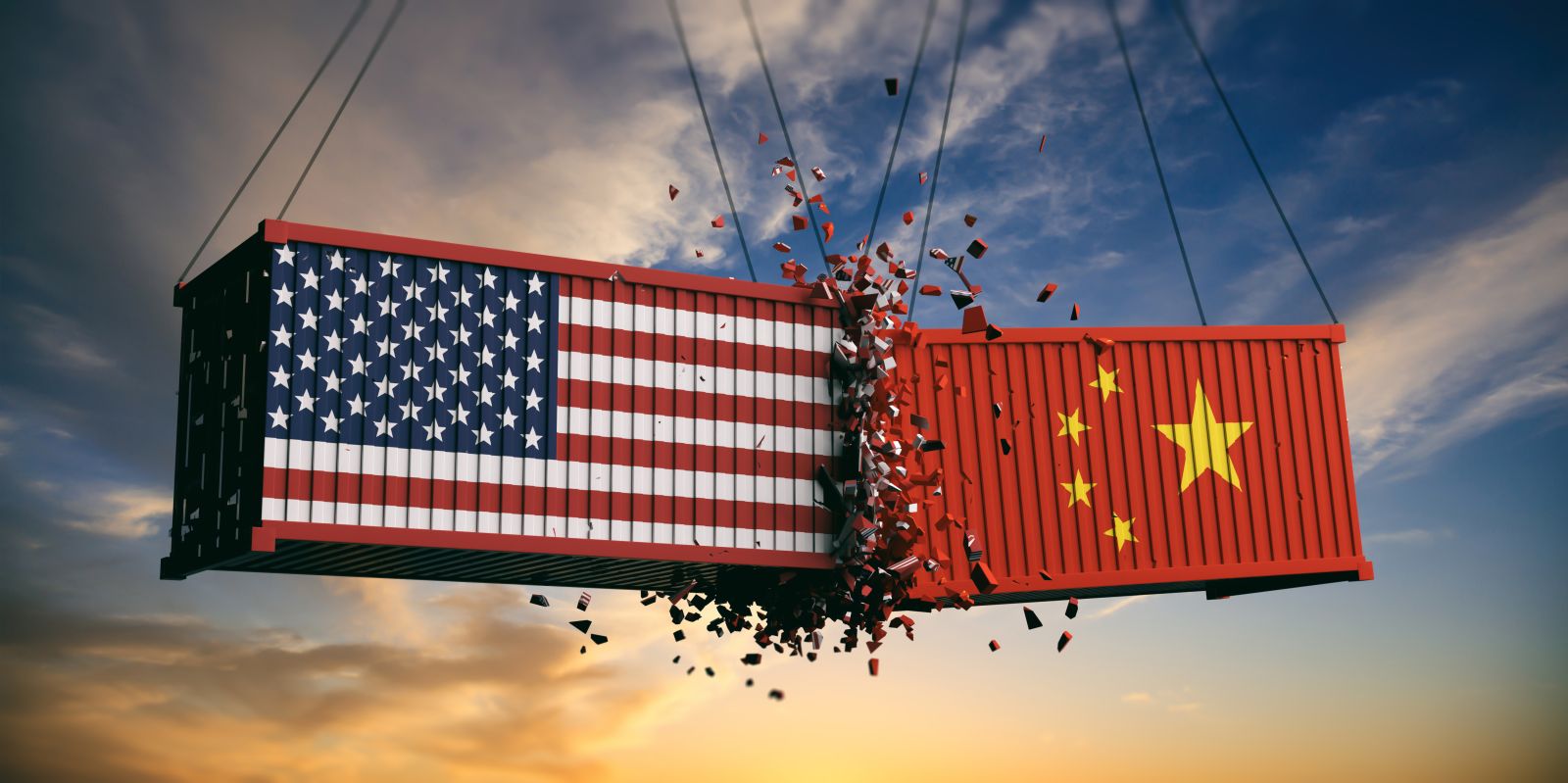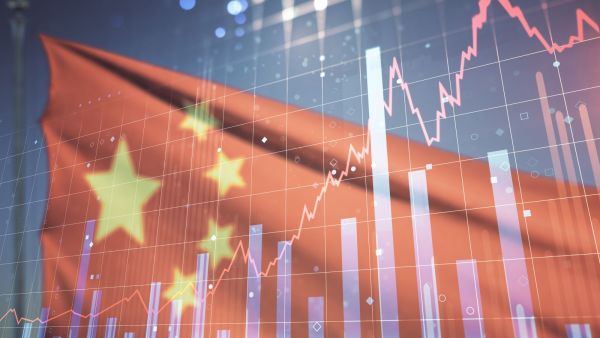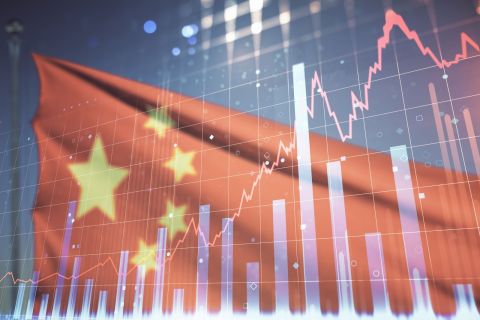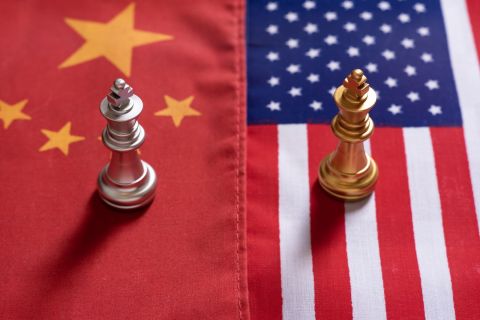ALBAWABA – A Reuters analysis, reported Thursday, showed that investors favour other emerging markets over China, as American and European investors are more wary of being exposed to the Chinese giant.
The report highlighted a massive leap in the the assets of emerging market (EM) mutual funds and exchange traded funds (ETFs) that exclude China (EM ex-China).
Refinitiv data shows China-focused mutual funds suffered a net outflow of $674 million in the second quarter of 2023. Whereas nearly $1 billion went into EM ex-China mutual funds.
Data from Goldman Sachs, reported by Reuters, showed that as of mid-July, foreign buying of emerging market Asia ex-China equities amounted to $39 billion over 12 months.
Notably, this is the first time since 2017 that this figure exceeded inflows into mainland Chinese equities via the Stock Connect scheme.
In line with the analysis, UBS China Opportunity Equity Fund saw assets shrink to $4.5 billion by the end of June. Meanwhile, top 10 China-focused mutual funds, as tracked by Morningstar, have slumped in size, collectively, by over 40 percent from its peak in 2021.
“In the last six to 12 months, there have been almost no queries for a China-focused mandate,” said Benjamin Low, a senior investment director at Boston-based advisory firm Cambridge Associates.
Accordingly, China stocks are paying the price.
China’s CSI 300 index is flat for the year, whereas Japan's Nikkei index is up 25 percent and the S&P 500 is up nearly 19 percent.
Why do investors favour other emerging markets over China now?
Investor aversion to China has intensified this year, according to Reuters, following a faltering post-COVID economic rebound. In addition to disappointment over the absence of robust policy response and renewed Sino-American tensions over trade, tech and geopolitics.
Some of investments are being diverted into markets directly benefiting from China's economic pain, such as Mexico, India, Vietnam and other locations, the Canada-based news agency reported.
These economies are reportedly trying to replace China across global manufacturing supply chains.

Other investors are simply moving to markets with better growth prospects, such as Brazil.
"China’s export dominance is ebbing, creating opportunities for other emerging market countries to fill the gap, including Mexico, India, and Southeast Asian nations," Malcolm Dorson told Reuters. Dorson is a New York-based senior portfolio manager at ETF manager Global X.
In addition to the financial risks, western institutional investors are worried about mounting reputational risks. Portfolio managers told Reuters that it is becoming increasingly difficult to justify China investments even to internal compliance departments and management.
“US, Canadian, and some European investors are exiting China due to political pressure. On the face of it, the US seems to have started an investment war, following a trade war, and a tech war,” said Wong Kok Hoi, chief investment officer of APS Asset Management.
Less than two months ago, for example, Canada held a parliamentary hearing to check on several domestic pensions about their relationship with China. The Biden administration is also working on an executive order to restrict outbound United States (US) investments in and to China.









